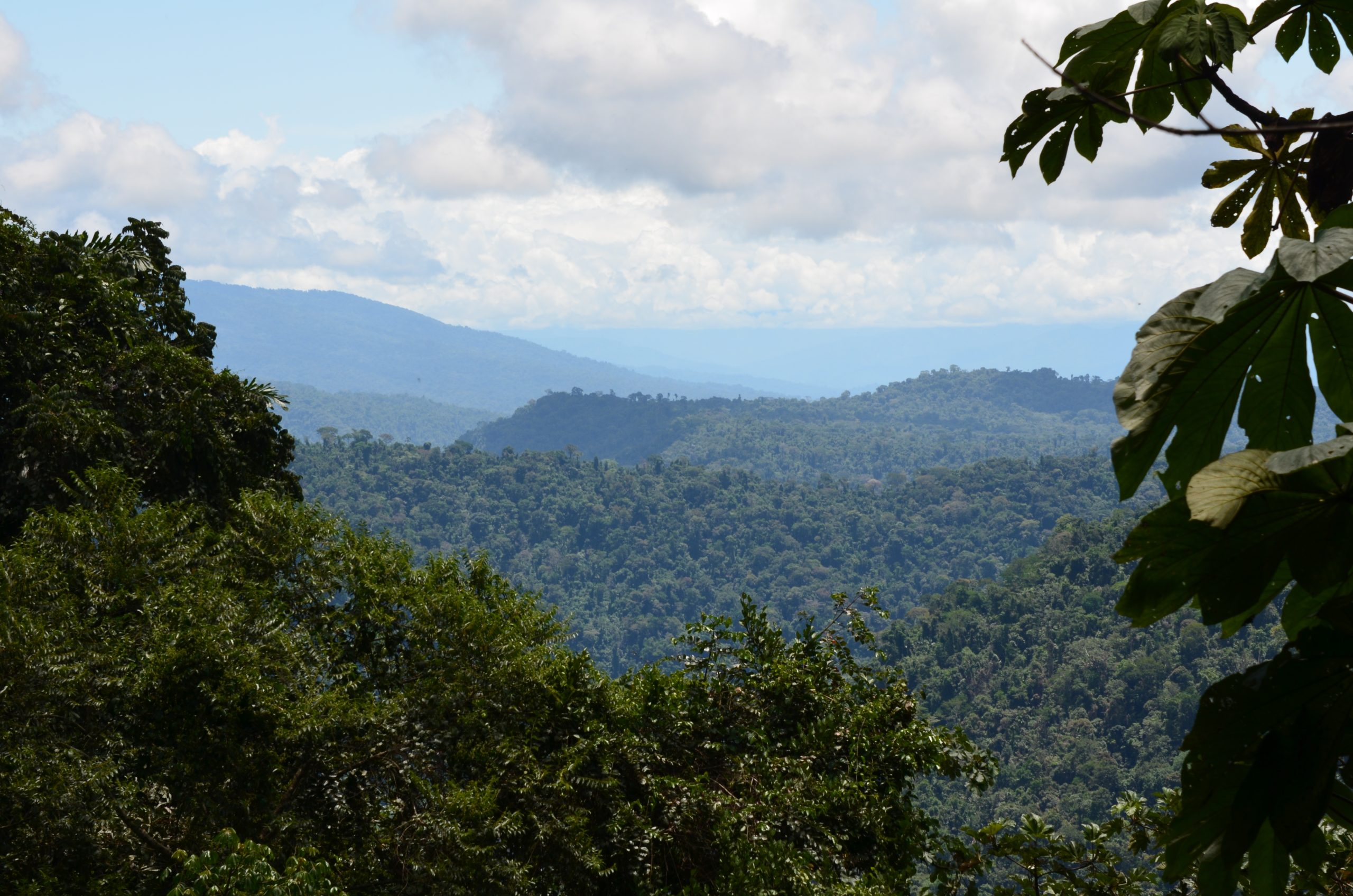Responding to a health crisis in the Amazon rainforest
In the middle of the Amazon lies one of our remotest Indigenous villages, Parijaro.
Perched at an altitude of over 1,400 meters, this community is as isolated as they come. With no direct access by road or river, it’s another eight-hour trek through dense rainforest once you’ve hopped off the bus or boat.
Parijaro is fascinating, a network of villages including semi-contacted communities, whose history is marked by a fierce battle to safeguard their territory against The Shining Path terrorist group in the 1990s. Yet last month, Parijaro faced a new and urgent challenge: a health crisis accelerated by a rapid spreading virus.
Parijaro had recently faced severe and unusually cold temperatures. Rainforest communities who normally experience warm, humid conditions, are not prepared for such cold weather. These turbulent weather conditions caused by the climate crisis bring increased risks of pneumonia – alongside the waves of malaria and dengue fever already experienced in the community. With little immunity, many of the community, particularly children, found themselves very sick.


The nearest health centre (red star) takes two days to reach and the journey can be perilous.
In remote locations, these diseases are a matter of life and death.
The nearest health centre to Parijaro is a gruelling two-day journey through dense rainforest, across rivers and by bus, and often in treacherous conditions. Hard when you are well, let alone sick. Rainy season had struck Parijaro too, meaning the already difficult two-day journey was looking even more strenuous.
Thanks to your support, Cool Earth is able to provide villages like Parijaro with funds to invest in strengthening their communities. In this case, Parijaro was able to use that cash to purchase essential medicine, oxygen, and hygiene equipment that was delivered directly to the villages. This meant that many were spared the difficult journey to the medical centre, and could instead receive direct treatment.


Parijaro Village lies in the remote Amazon rainforest.
The road to recovery
Access to healthcare is a universal human right. It is vital that people have critical medicine and supplies needed to tackle a crisis like this, without sacrificing necessities like food, water, or tools to fund life-saving medical care. Parijaro now faces a journey of recovery, and we will continue to provide the community with all the help and support we can in the coming weeks.
Whilst Parijaro begins to heal from this immediate health emergency, the effects of the climate crisis still hang over rainforest communities. Recent fluctuations in weather patterns, including uncharacteristically cold spells, demonstrate the direct impact the climate crisis has on human health, particularly on those living in the rainforest. If the weather and temperatures continue to fluctuate in the rainforest, the risk of diseases like pneumonia, malaria, and dengue fever escalates.
By supporting Indigenous communities, we’re not only helping to alleviate inequality but are also protecting the rainforest. These Indigenous communities are incredible guardians of the forest, and their well-being is directly linked to its protection.
If rainforest communities disappear, the forests they call home will go next.
